In recent years, livestock farms in the province have exploited the potential of land, labor, investment capital, and transformed previously low-value land and water areas into effective commodity production areas. At the same time, they have actively contributed to the overall achievements of the agricultural sector, promoted the transformation of crop and livestock structure, and shifted production from small-scale to large-scale, concentrated, and linked to the consumer market.
The pig farm system of Mr. Tran Duc Thiem's family in Diep Nong commune (Hung Ha) is remotely monitored to ensure disease safety.
Get rich by developing farms
In recent years, in Quynh Phu district, there are many chicken farms developing with different scales, in which Pham Anh Tuan's chicken farm, Quynh Hoang commune is a model with many unique features compared to other chicken farms in the area. That is, Mr. Tuan has researched and applied the technique of raising chickens on sand to apply in his family's livestock.
Mr. Tuan said: In 2014, I invested in building a livestock area with 6 barns, total area of 4,000m2 in the commune's concentrated livestock planning conversion area. To ensure effective livestock farming with few diseases, I focused on raising chickens on sand and organic feed sources, especially from 45 days to sale, which helps increase the chicken's immune system. The feeding and drinking trough system is changed according to the chicken's development stage, so the tools are always clean, stimulating the chickens to eat well, grow quickly, limiting the source of disease in the chickens, creating a good environment for the intestinal system to develop healthily. Currently, I maintain raising 8,000 broiler chickens/batch. Raising batches in different barns, each month I sell about 3,000 chickens to the market, weighing from 2 - 2.5kg, with a revenue of about 5 billion VND/year, after deducting expenses, I earn about 500 million VND/year.
Thiem has become a typical example of good economic performance in Diep Nong commune (Hung Ha) thanks to the development of pig farming. From a small farming household, Thiem has expanded the barn area to over 3 hectares and raised about 5,000 pigs and over 500 sows.
Mr. Thiem shared: Raising pigs on a farm scale, the control of the quality of the breed, especially disease safety is more guaranteed than small-scale farming. In particular, the pigs are fully vaccinated against diseases, the barns are cleaned regularly, and the farmers entering and leaving the farm are disinfected to avoid the spread of diseases. Due to the application of strict production processes, the pigs raised on the farm develop well and are disease-safe. Every year, my farm supplies the market with hundreds of tons of pork, generating an income of 4 - 5 billion VND. The farm also creates regular jobs for 20 workers with an income of 6 - 7 million VND/month.
The success of Mr. Thiem's family farm continues to affirm the sustainable effectiveness of a modern, biosafety-oriented livestock farming model.
Sustainable farm economic development
According to the report of the Department of Agriculture and Rural Development, the province currently has 2,390 farms, of which 1,871 are small-scale, 466 are medium-scale, and 53 are large-scale.
Mr. Pham Thanh Nhuong, Head of the Provincial Department of Animal Husbandry and Veterinary Medicine, said: The farm economic model has contributed positively to promoting agricultural production, thereby opening up a way for farmers to get rich. However, the development of the farm economy still has some difficulties such as: Although the infrastructure serving agricultural production has been invested, it is still not synchronous. Most farms lack investment capital to expand large-scale production. To ensure sustainable development of the farm economy, localities need to strengthen propaganda and dissemination of the Party's guidelines, policies and laws of the State on farm economic development. Strengthen the implementation of policies to support investment in building infrastructure for transportation, electricity, environmental treatment systems... in areas planned for farm economic development. Localities need to review the planning, promote advantages in natural conditions, land, and labor resources to develop reasonable farm economic models. Continue to draw on practical experience, focus on mobilizing and effectively using investment resources to build and upgrade technical infrastructure suitable for building advanced new rural areas, model new rural areas, for the development of farm economy. Encourage businesses to invest, link production, processing, and consume products for farms. State management agencies actively support farmers and organizations representing farmers to develop production links along the commodity chain from input supply, production organization, to consumption of output products. Up to now, many livestock products following the farm model have been recognized as OCOP products, including: Dong Xuyen sea duck eggs and sea duck meat of Dong Xuyen General Livestock Cooperative achieving 4 stars; Thai Binh chicken eggs of Thoa Tuyet poultry breeding facility achieving 3 stars; chicken eggs of Thai Binh Green Livestock Cooperative achieving 3 stars; commercial silkworms of Vu Hong Cooperative achieving 3 stars; Tuan Hung chicken eggs of An Thai Duong Investment, Trade and Production Company Limited achieved 1 star. The recognition of livestock products meeting OCOP standards helps to increase the value of specialty livestock of farming households, while promoting the development of livestock farming towards commodities.
Raising chickens on sand by farmers in Quynh Phu district contributes to reducing diseases and bringing high economic efficiency.
In order for the farm economy to develop in a sustainable direction, it is necessary for local specialized agencies to continue to effectively transfer livestock farming techniques to farms and farming households to help people know how to choose and use good breeds and develop large-scale livestock herds. Actively open training courses and seminars, do a good job of agricultural extension, disease prevention and treatment for livestock and poultry. Organize good management of waste and agricultural waste sources to minimize environmental pollution in rural areas, ensuring the health of producers and the health of the whole community.
Manh Thang
Source: https://baothaibinh.com.vn/tin-tuc/4/205732/thuc-day-phat-trien-kinh-te-trang-trai-ben-vung


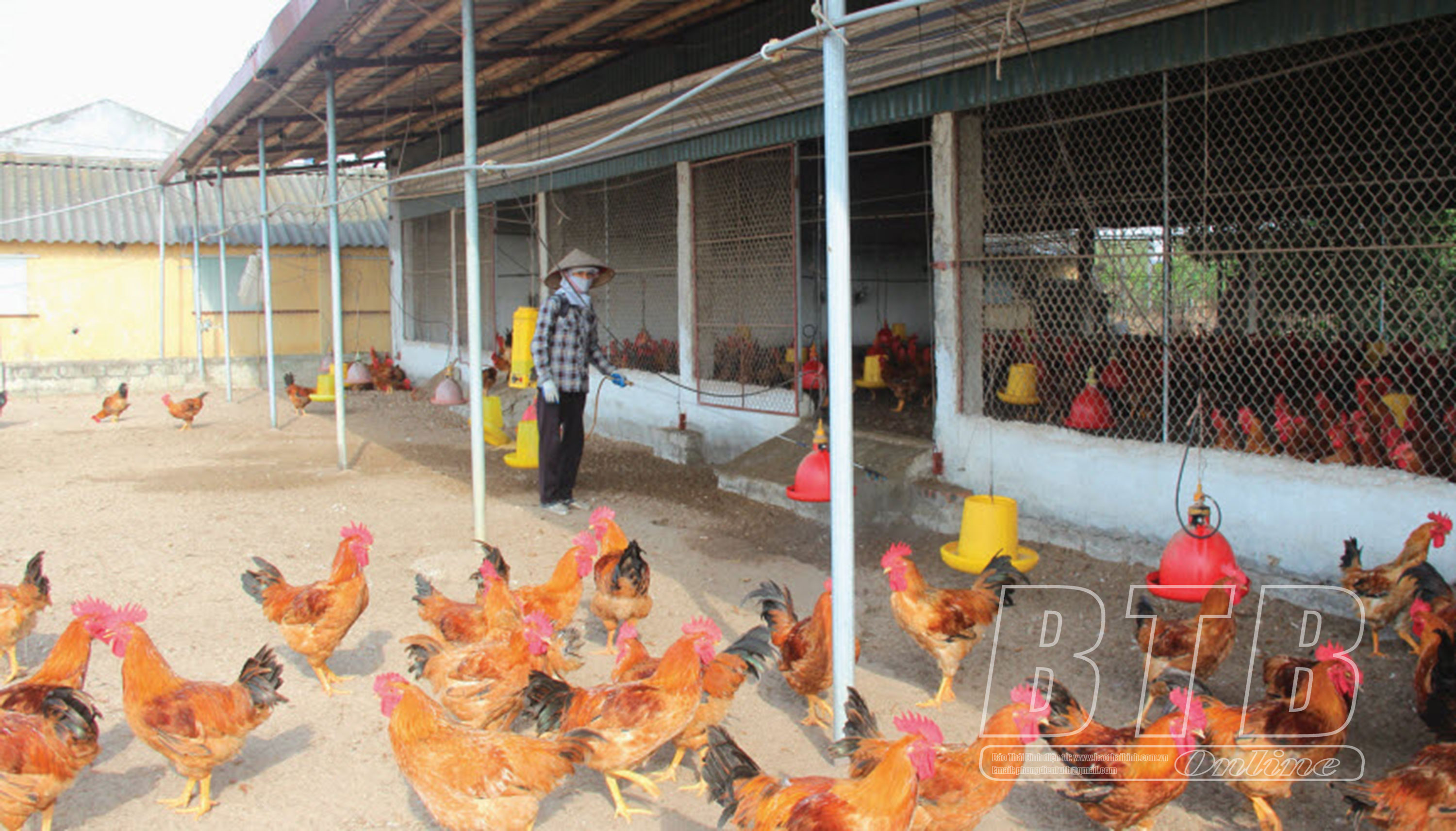

![[Photo] Prime Minister Pham Minh Chinh chairs the Government's special meeting on law-making in April](https://vstatic.vietnam.vn/vietnam/resource/IMAGE/2025/4/13/8b2071d47adc4c22ac3a9534d12ddc17)

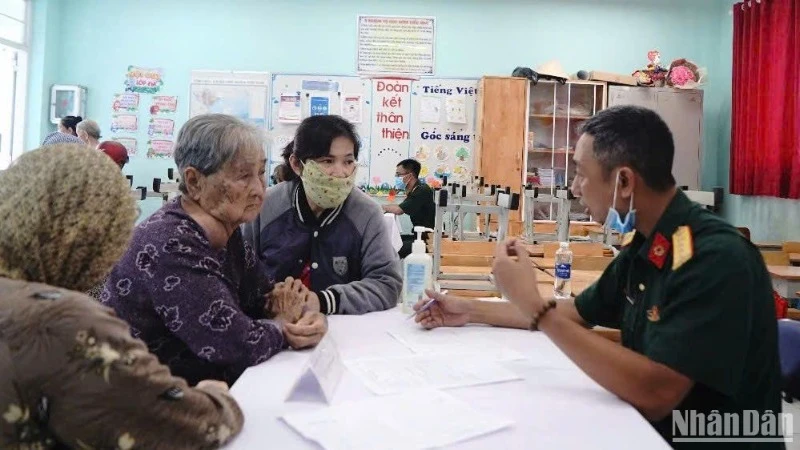


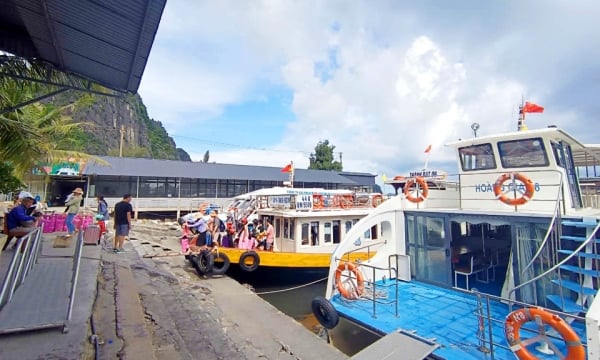
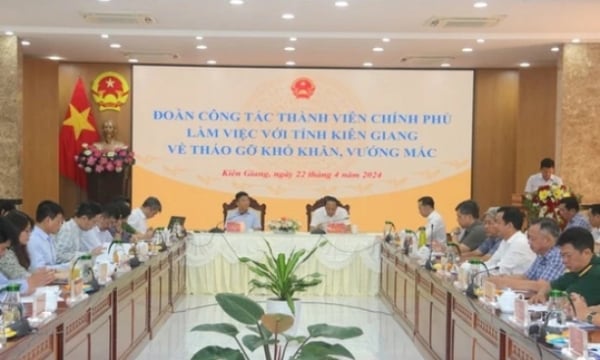

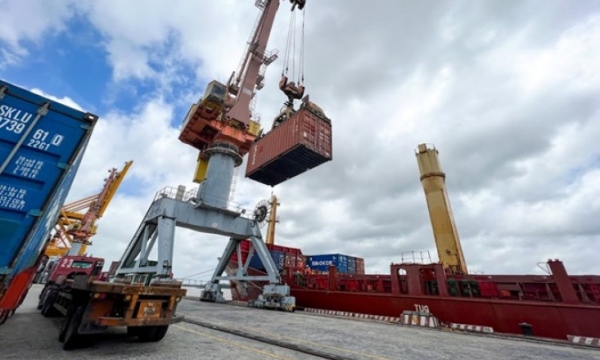
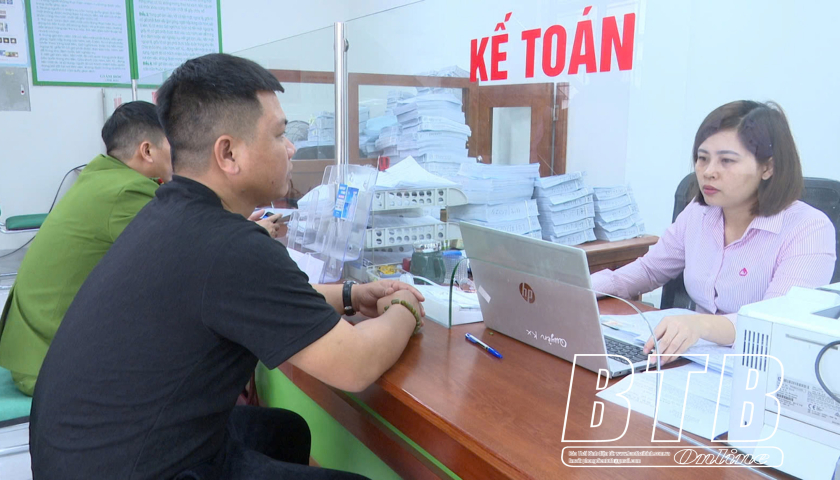
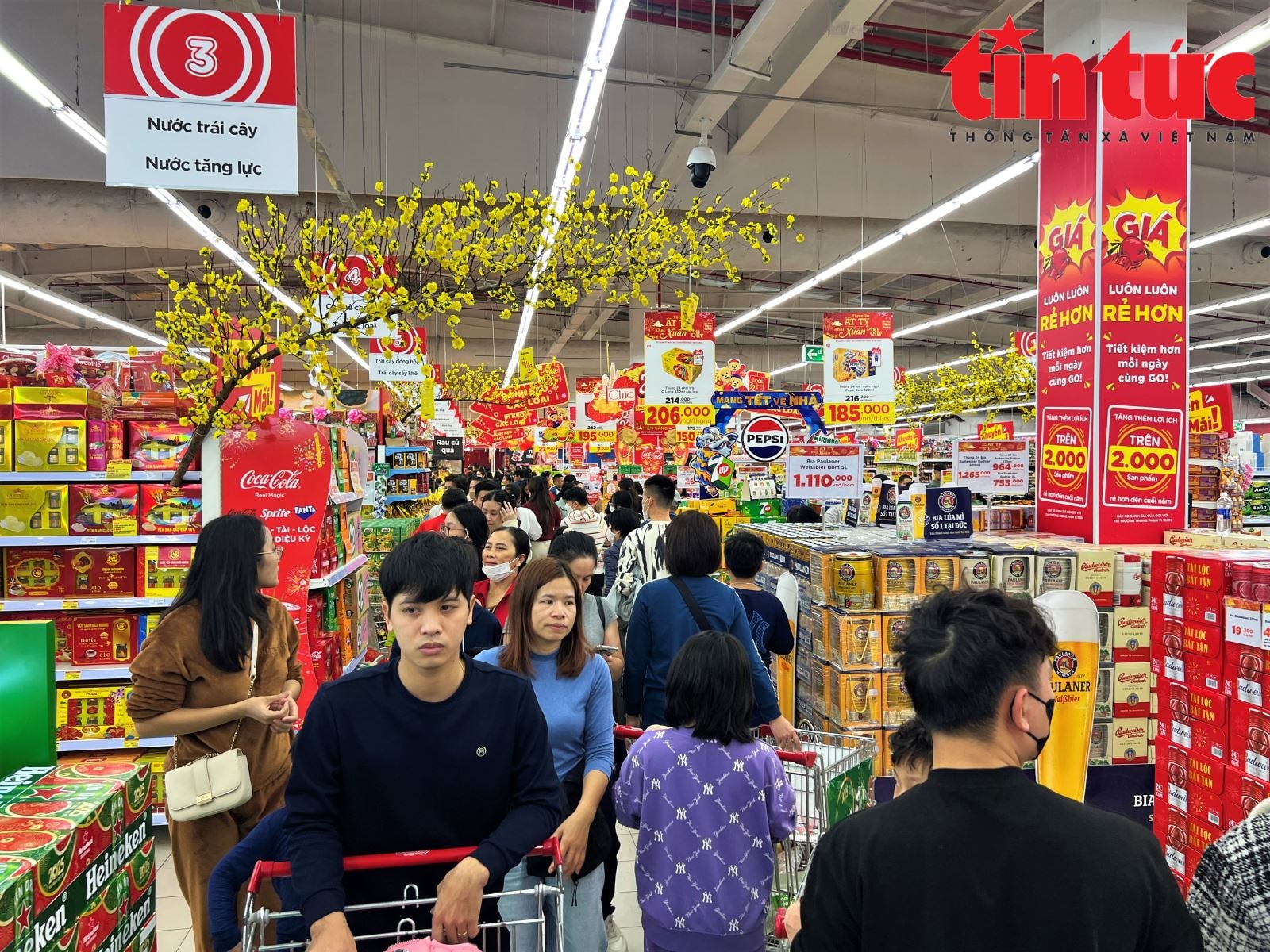

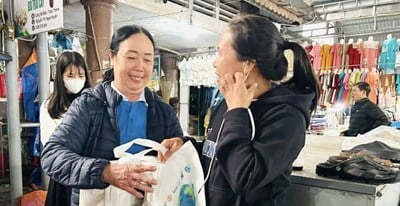
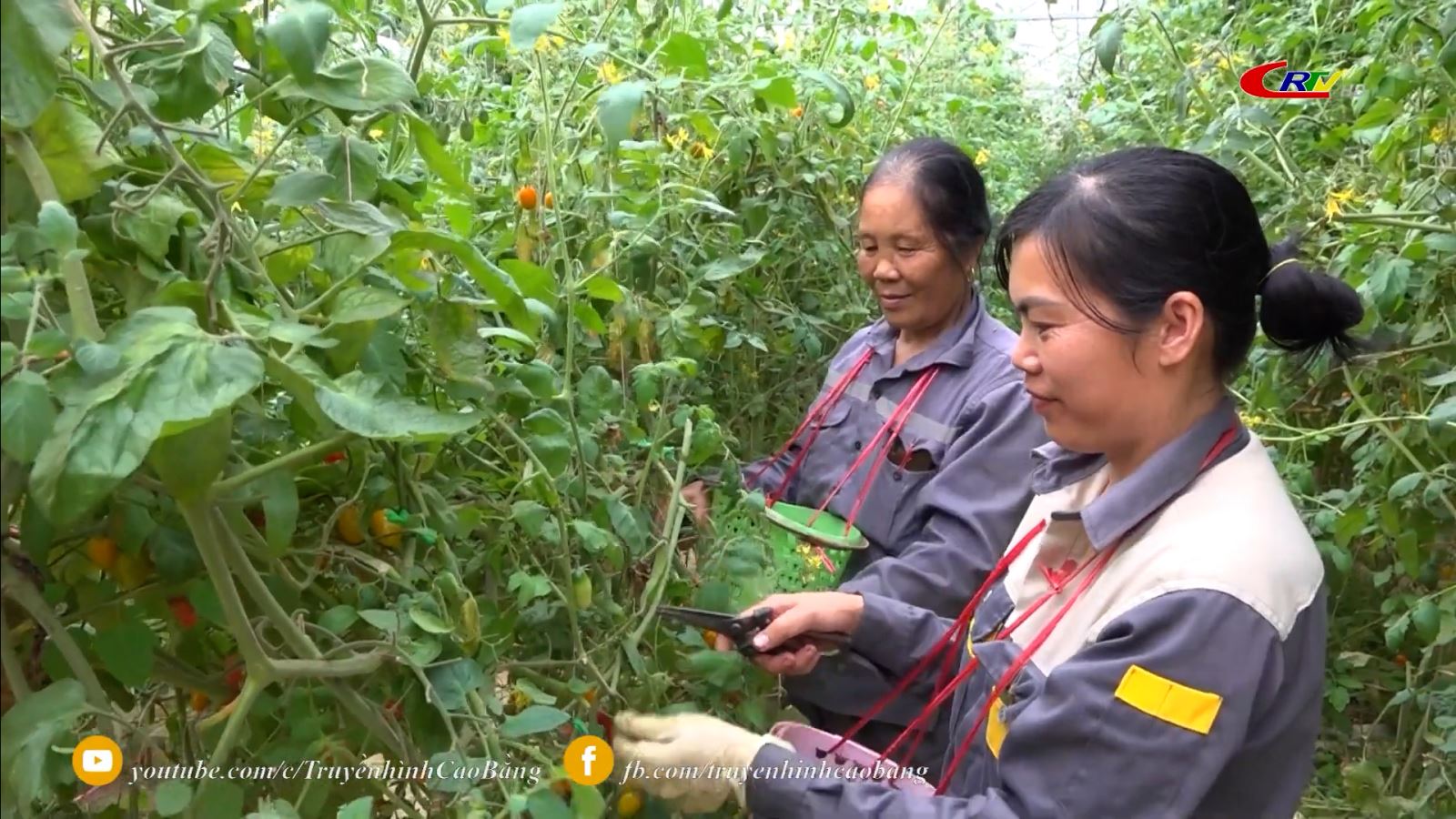
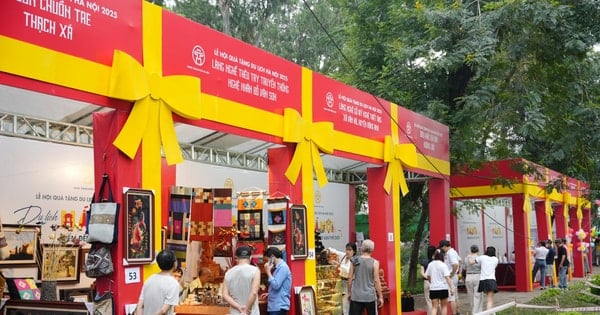




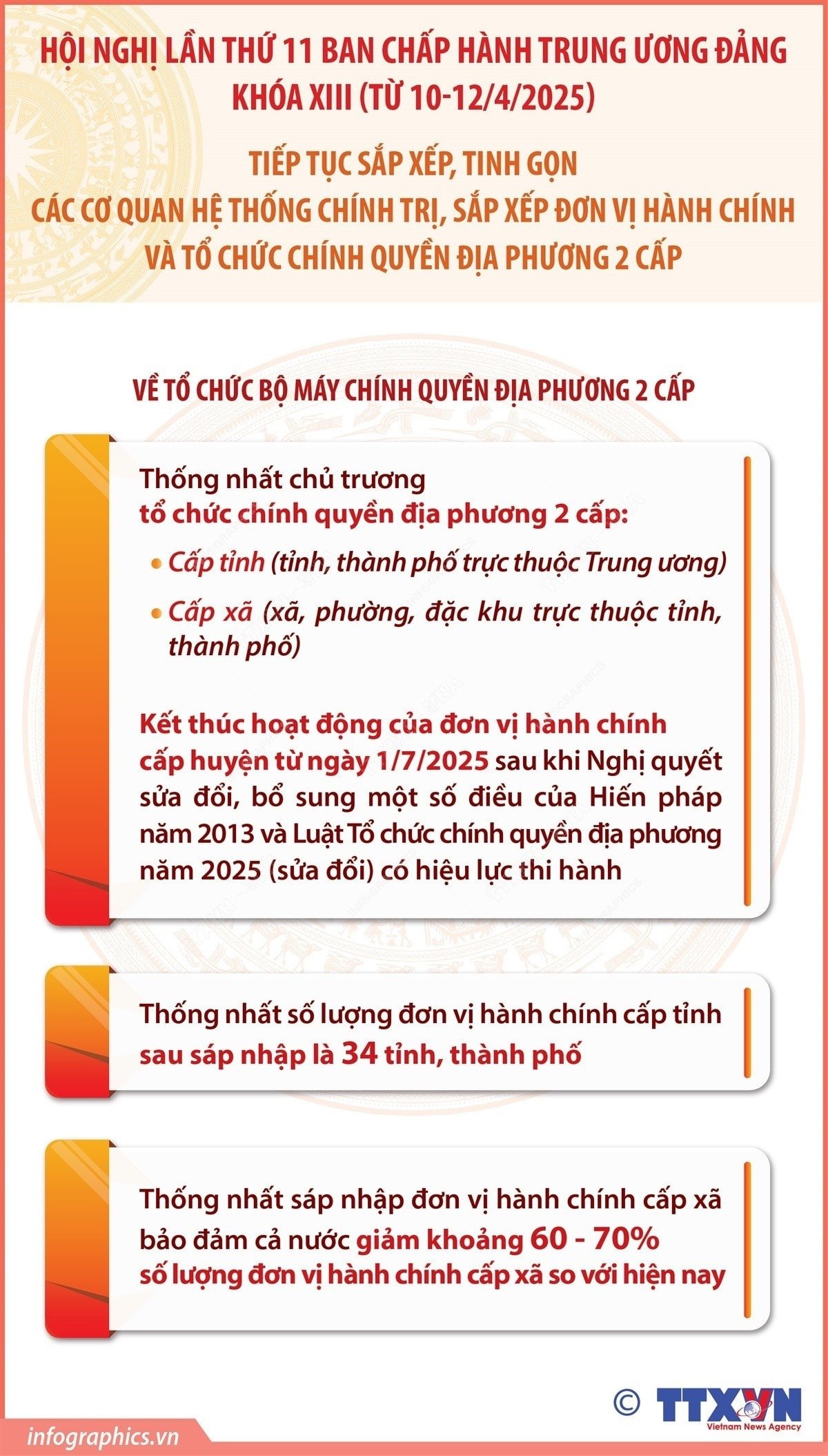
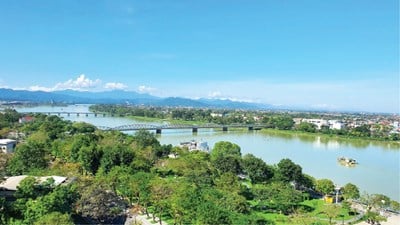
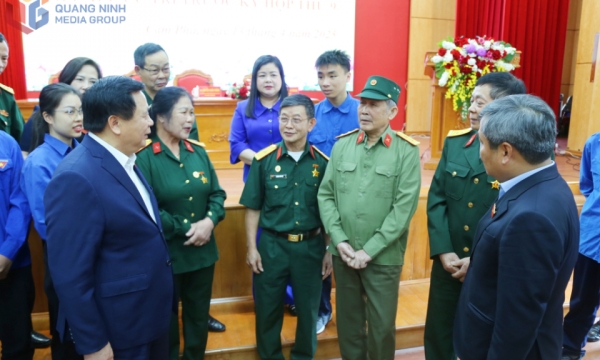
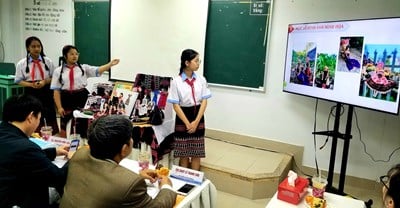
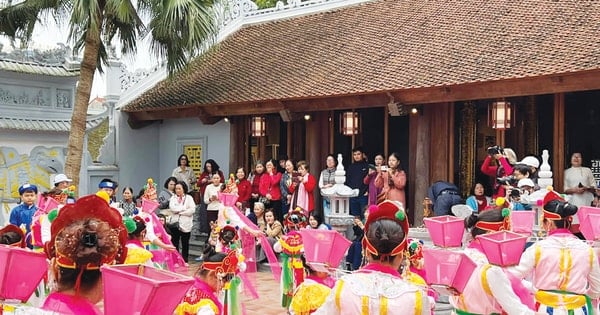
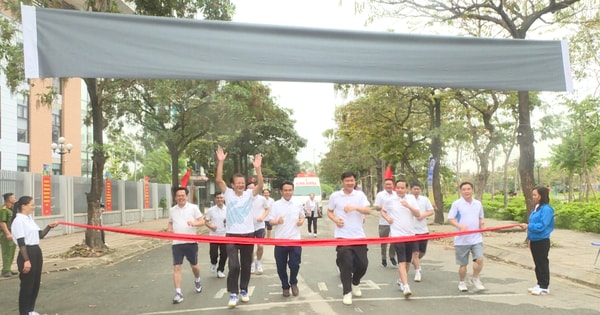













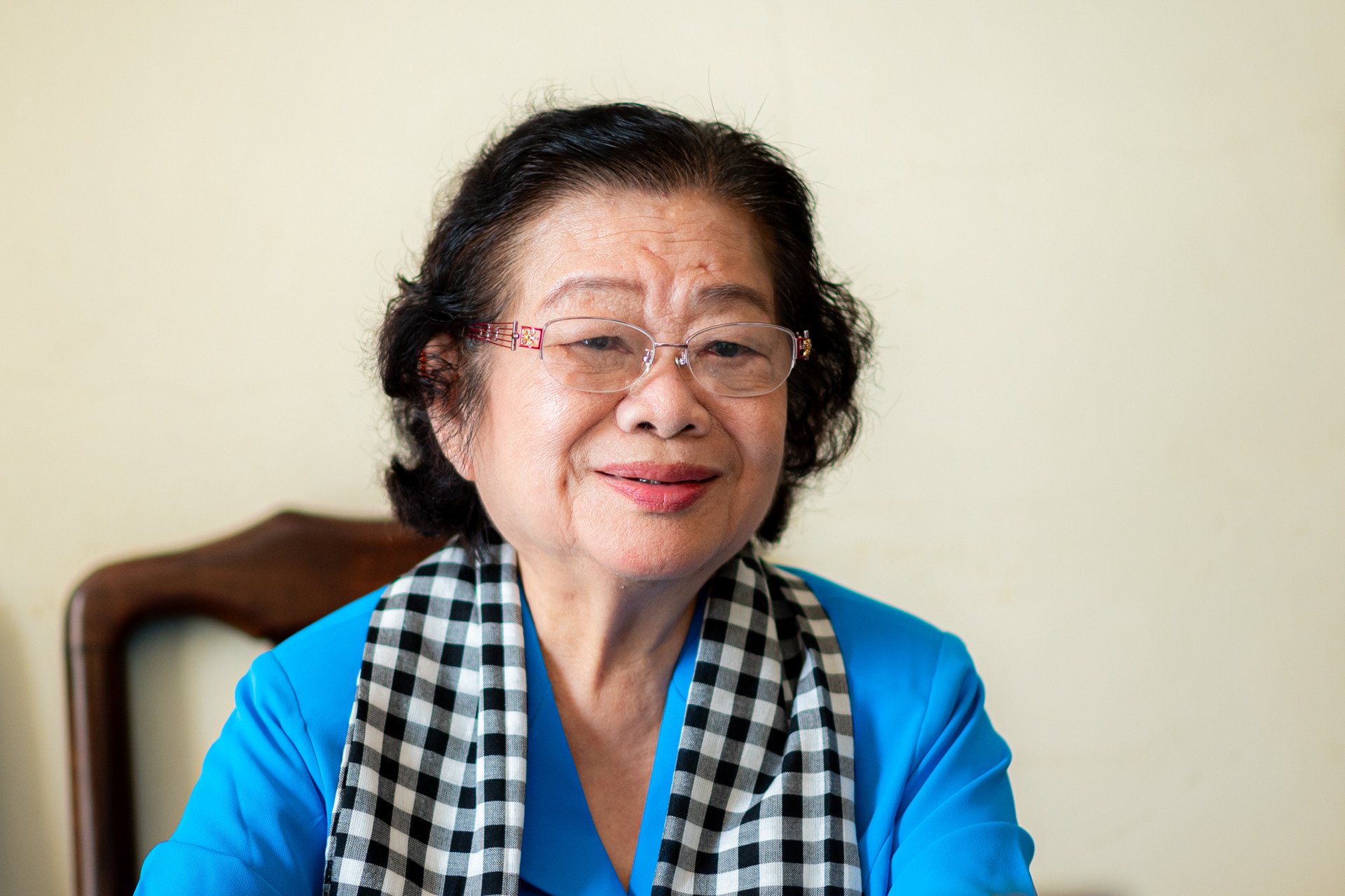

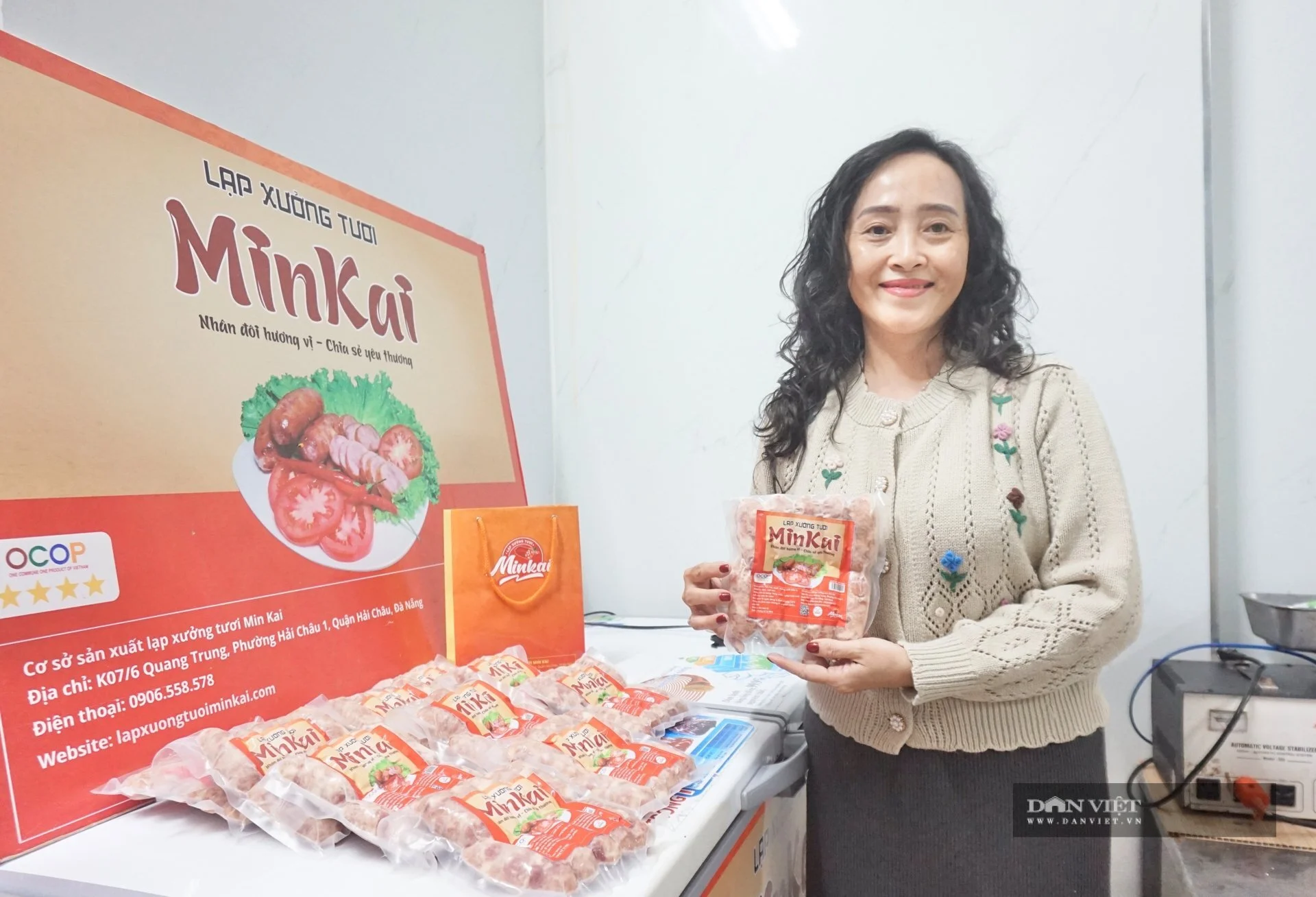















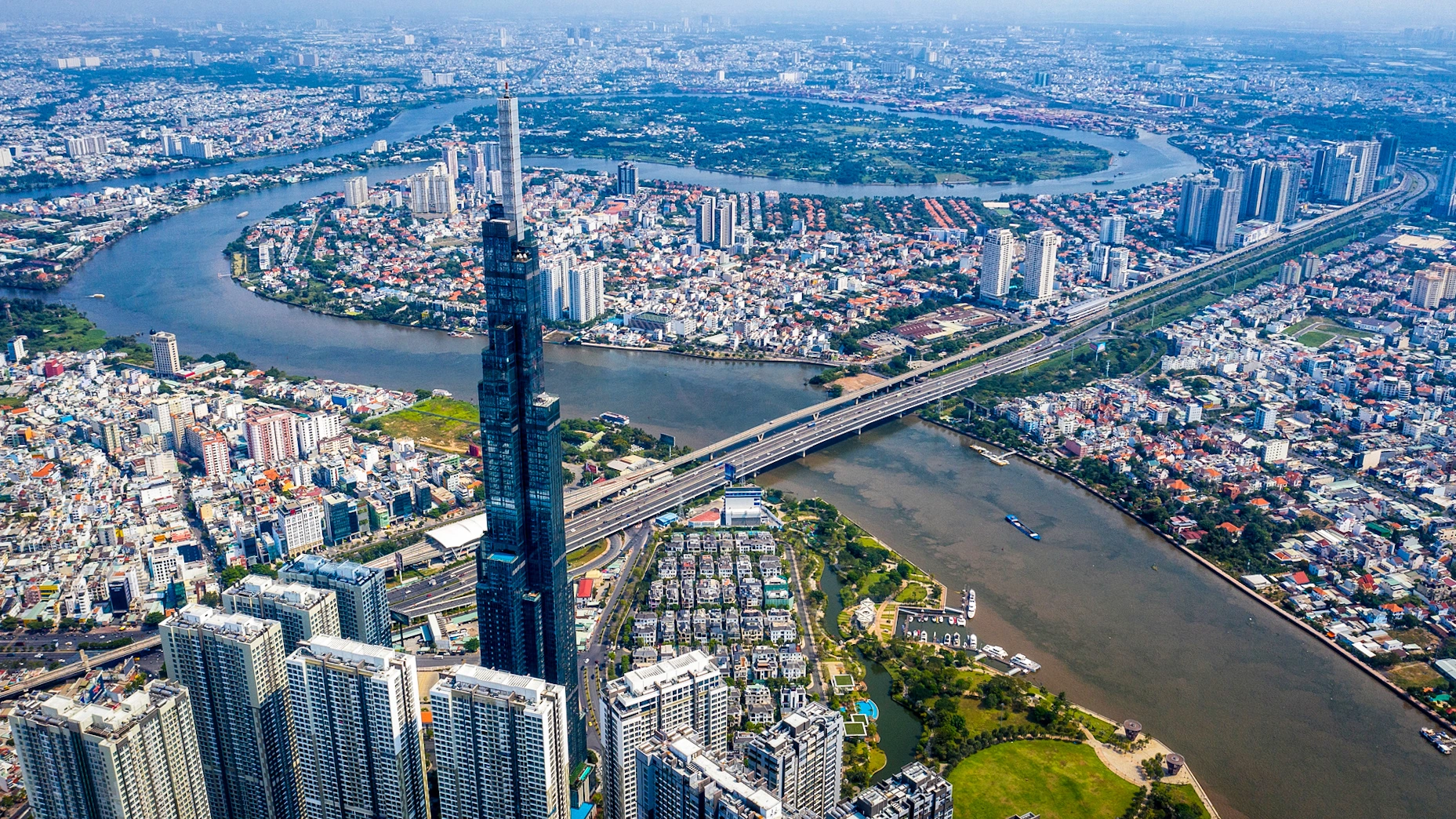





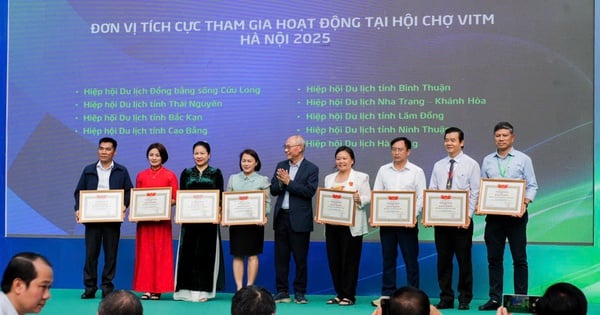










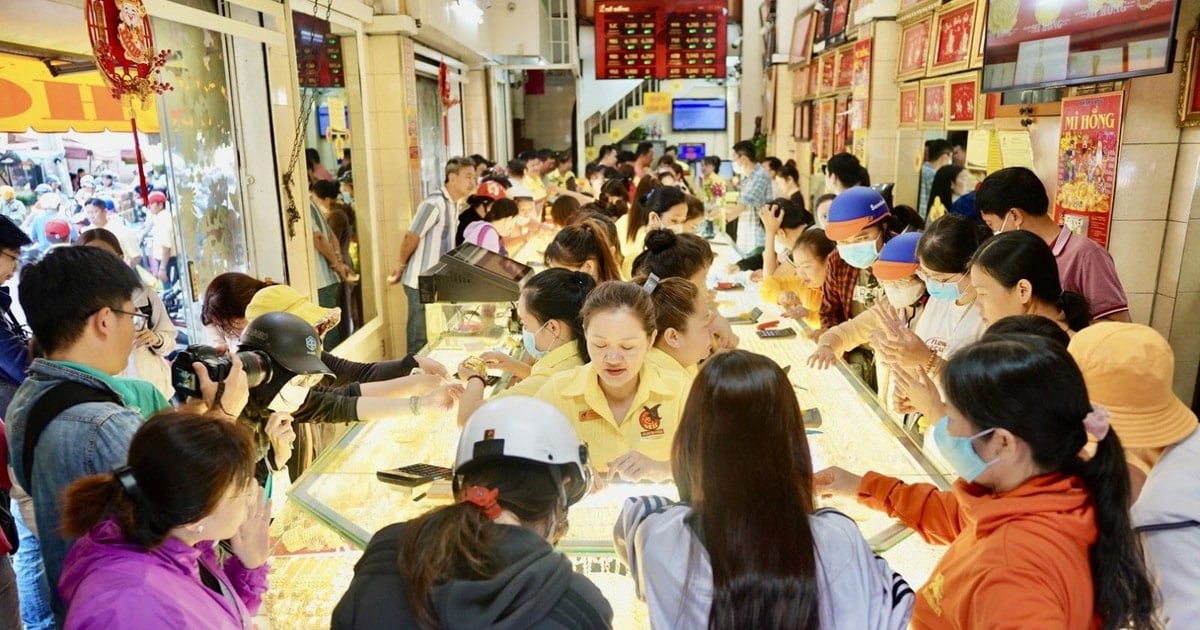












Comment (0)